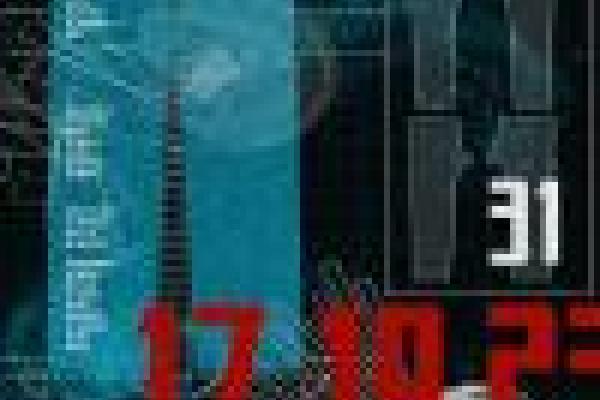Article

Article

Mathematics for aliens
It has often been observed that mathematics is astonishingly effective as a tool for understanding the universe. But, asks Phil Wilson, why should this be? Is mathematics a universal truth, and how would we tell?
Article

101 uses of a quadratic equation: Part II
In issue 29 of Plus, we heard how a simple mathematical equation became the subject of a debate in the UK parliament. Chris Budd and Chris Sangwin continue the story of the mighty quadratic equation.
Article

Running a lottery, for beginners
There are many different types of lottery around the world, but they all share a common aim: to make money. John Haigh explains why lotteries are the way they are.
Article

How the leopard got its spots
How does the uniform ball of cells that make up an embryo differentiate to create the dramatic patterns of a zebra or leopard? How come there are spotty animals with stripy tails, but no stripy animals with spotty tails? Lewis Dartnell solves these, and other, puzzles of animal patterning.
Article

Outer space: Relationships
Most magazines have endless articles and correspondence about relationships and you will be pleased to hear that Plus is now no different. Why?
Article

101 uses of a quadratic equation
It isn't often that a mathematical equation makes the national press, far less popular radio, or most astonishingly of all, is the subject of a debate in the UK parliament. However, as Chris Budd and Chris Sangwin tell us, in 2003 the good old quadratic equation, which we all learned about in school, reached these dizzy pinnacles of fame.
Article


The UK National Lottery - a guide for beginners
In the early days of the UK National Lottery, it was quite common to see newspaper articles that looked back on what numbers had recently been drawn, and attempted to identify certain numbers as "due" or "hot". Few such articles appear now, and John Haigh thinks that perhaps the publicity surrounding the lottery has enhanced the nation's numeracy.
Article

Squeeze me, stretch me
Did you know that every instant, gravity waves from outer space are stretching and squeezing you - and everyone and everything else in the universe? Learning more about this mysterious radiation will help us to probe the structure and origins of the universe, explains Anita Barnes.
Article
Editorial
- Beaglemania - The Beagle is missing in action, but it is inspiring a new generation of would-be astronauts.
- Careers with Maths - Plus has been given a grant to produce posters based on our popular careers library.
Article